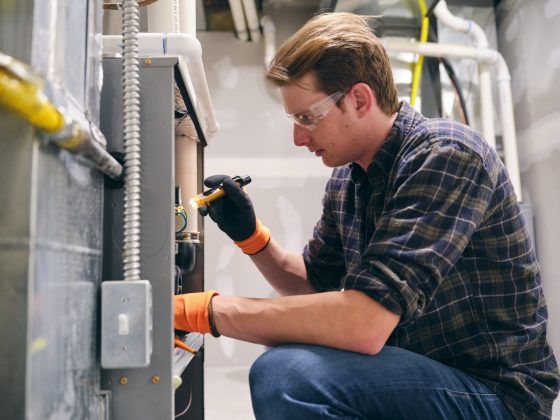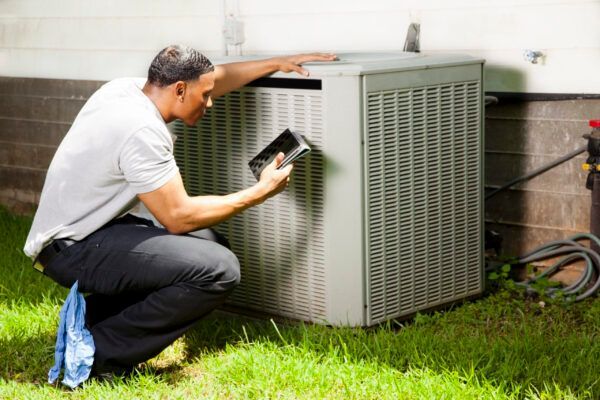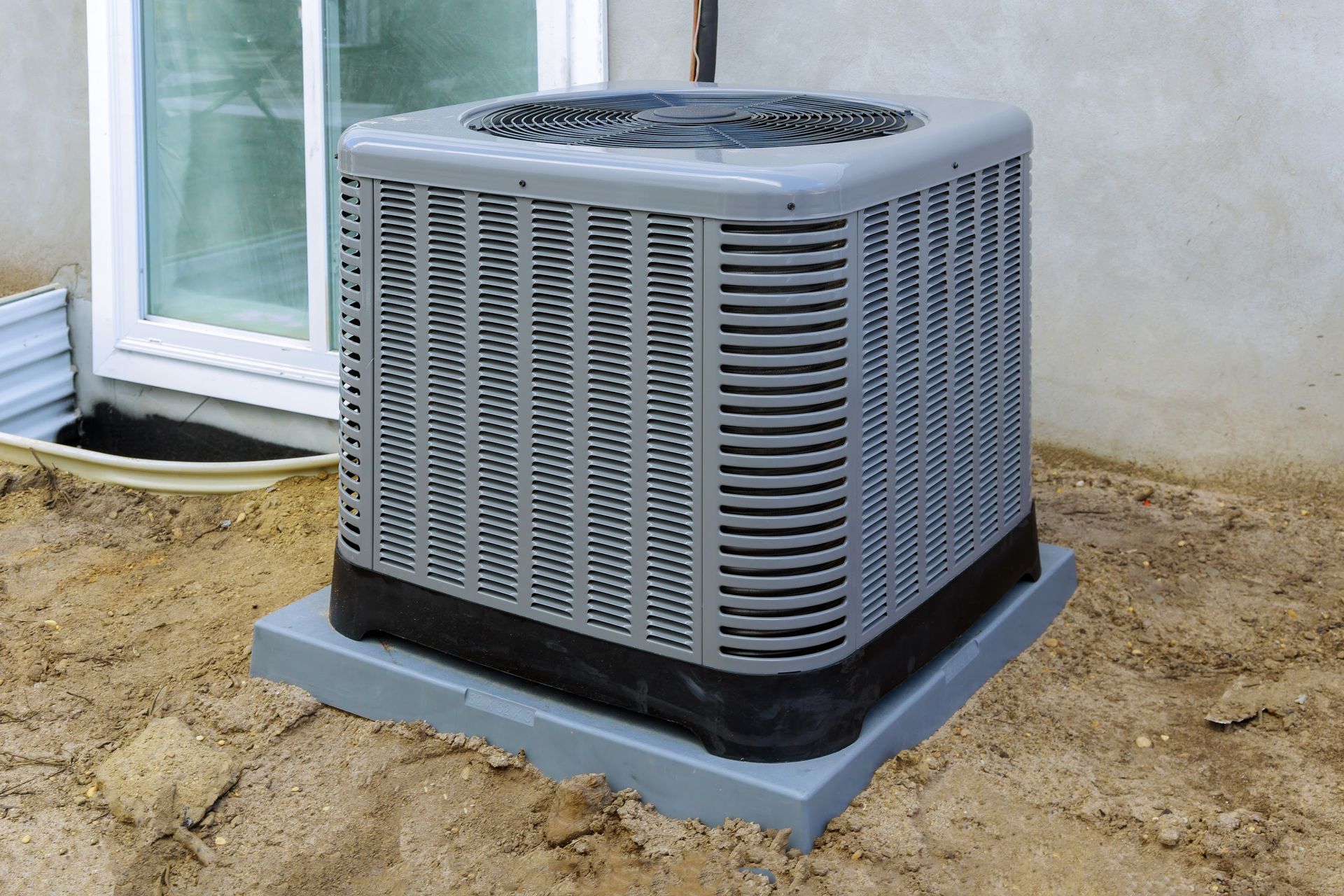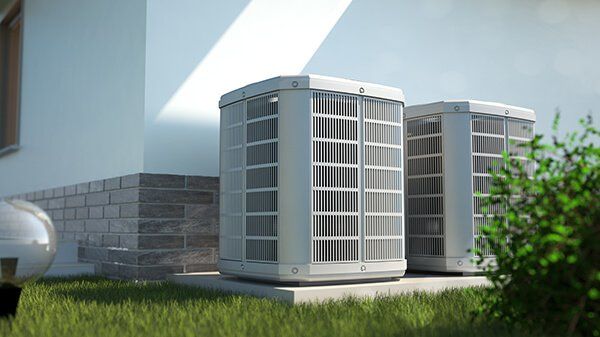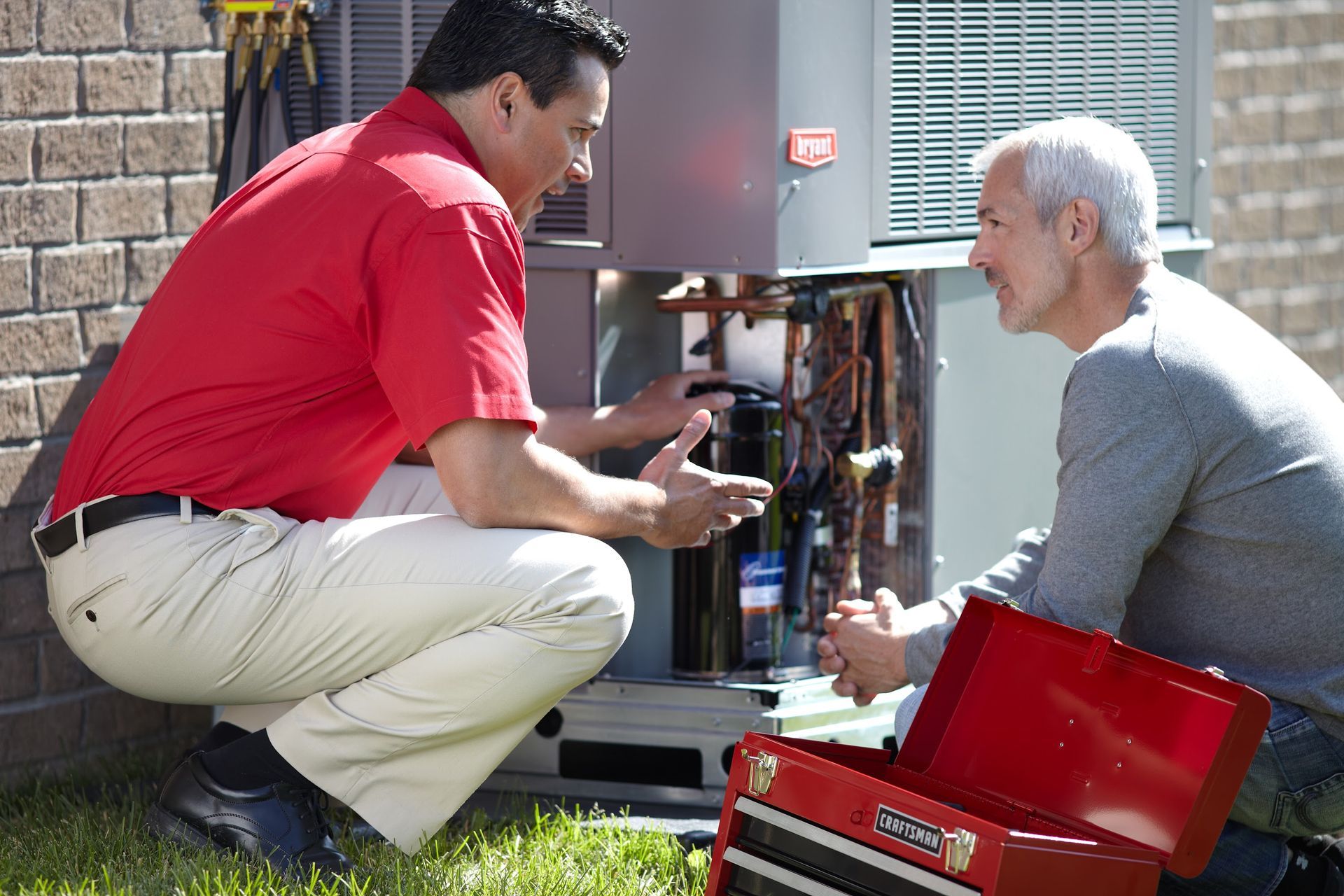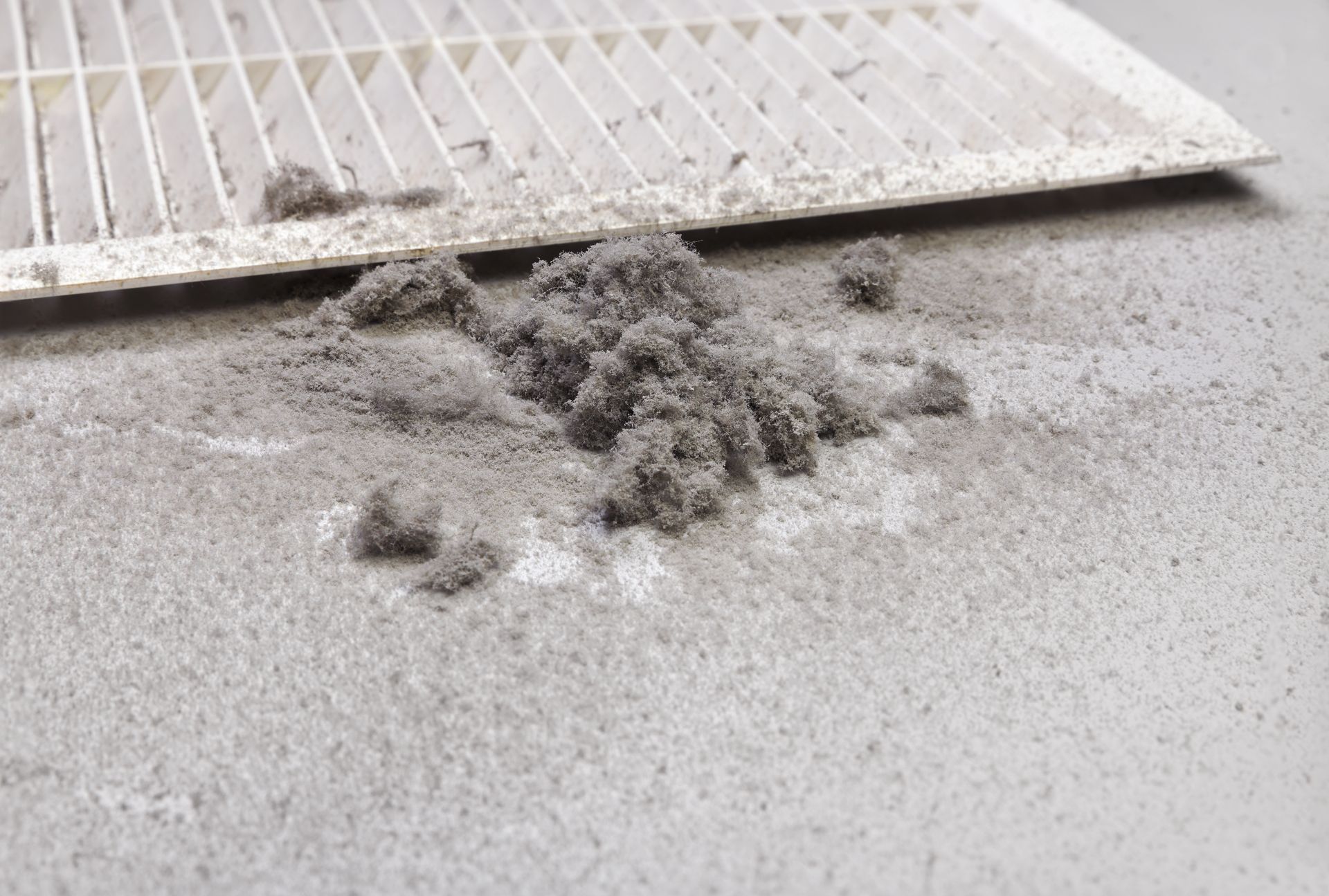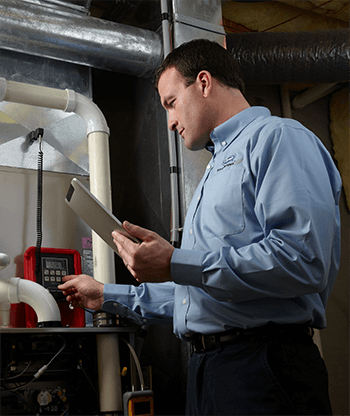How Does a Thermostat Work | Triad Sheet Metal
- By ppc@rynoss.com
- •
- 20 Feb, 2020
- •

Different Types of Thermostats Work Differently
The basic premise behind the thermostat is that it will turn your heating or cooling system on or off in order to maintain a set temperature. In the winter, let's say you want it to be 70 degrees. When the thermostat detects that the temperature is below 70 degrees, it'll tell the heater to turn on. When you've hit that mark, the heater will be told to turn off.
The type of thermostat you have directly influences how the thermostat works.
Mechanical Thermostats
The most commonly found mechanical thermostat has metallic strips inside it. These metallic strips can expand if heated and contract if cooled. This physical change is enough to either close or open the circuit and turn the heating or cooling system on or off.
Gas Thermostats
Another type of thermostat uses gas-filled bellows. The idea is the same; the gas either expands or contracts to flip a switch on or off as the temperature changes.
Wax Thermostats
There are also thermostats that use wax, which is another material that physically moves depending on the temperature and can, therefore, be used to turn heating switches on or off.
Digital Thermostats
These days, many people have digital thermostats. These devices don't need to have any moving parts since they have digital thermometers and can be electronically set to turn on/off at a certain temperature. Programmable and smart thermostats are efficient because they can turn off when you're at work or sleeping, for instance. Triad Sheet Metal has experience installing these thermostats for our clients in the Greensboro, NC, region.
Founded in 1990, Triad Sheet Metal has become a reliable provider of heating, cooling, and HVAC installations, repairs, and maintenance, and we offer 24-hour emergency service. We're also available for indoor air quality and roofing efforts. Give us a call if you need us to help you in any way.
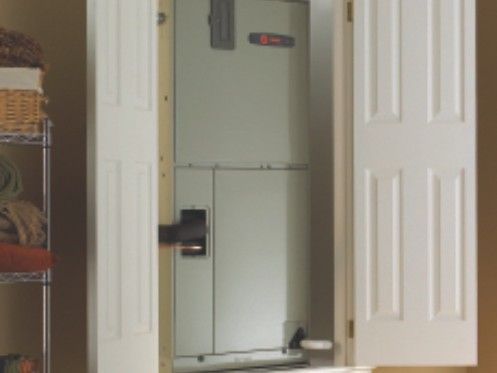
All furnaces should be serviced and maintained regularly to make sure that they continue heating effectively and efficiently. If you want to lessen the chances of your furnace breaking down over the winter, you should always have your furnace professionally serviced every year. In this post, we're going to discuss why furnace maintenance is important and what it involves.
The Importance of Yearly Furnace Maintenance
Furnace maintenance is essential for your safety. It helps to prevent possible fire hazards and carbon monoxide leaks. The technician servicing your equipment will always check that everything is functioning properly to ensure the furnace will automatically shut down if it overheats or experiences a safety issue. Maintenance is also important for the life of your furnace, ensuring it lasts anywhere from 15 to 30 years. It can also save you money by lowering your heating costs and helping to avoid costly repairs later on.
What Does Furnace Maintenance Entail?
Maintaining a furnace involves inspecting, cleaning and testing all of your heating system's components on an annual basis. This includes the various components inside the furnace, as well as the blower and thermostat.
A technician will inspect your ductwork to ensure it isn't damaged or leaking air. Damaged ductwork will greatly increase your energy costs and make your heating system far less effective.
Cleaning the blower assembly, furnace burners and flame sensor are especially important for keeping the furnace heating effectively. This also provides reliability. Inspecting the heat exchanger and exhaust flue is also essential for ensuring the furnace is properly vented and preventing carbon monoxide leaks.
As one of Greensboro's most trusted HVAC companies, Triad Sheet Metal is your best choice for furnace maintenance and repairs. Our technicians have experience servicing all makes and models of furnaces as well as central air conditioners and heat pumps. We also offer professional HVAC replacement and installation as well as a full range of indoor air quality services. Give us a call today to schedule your annual furnace maintenance service.

